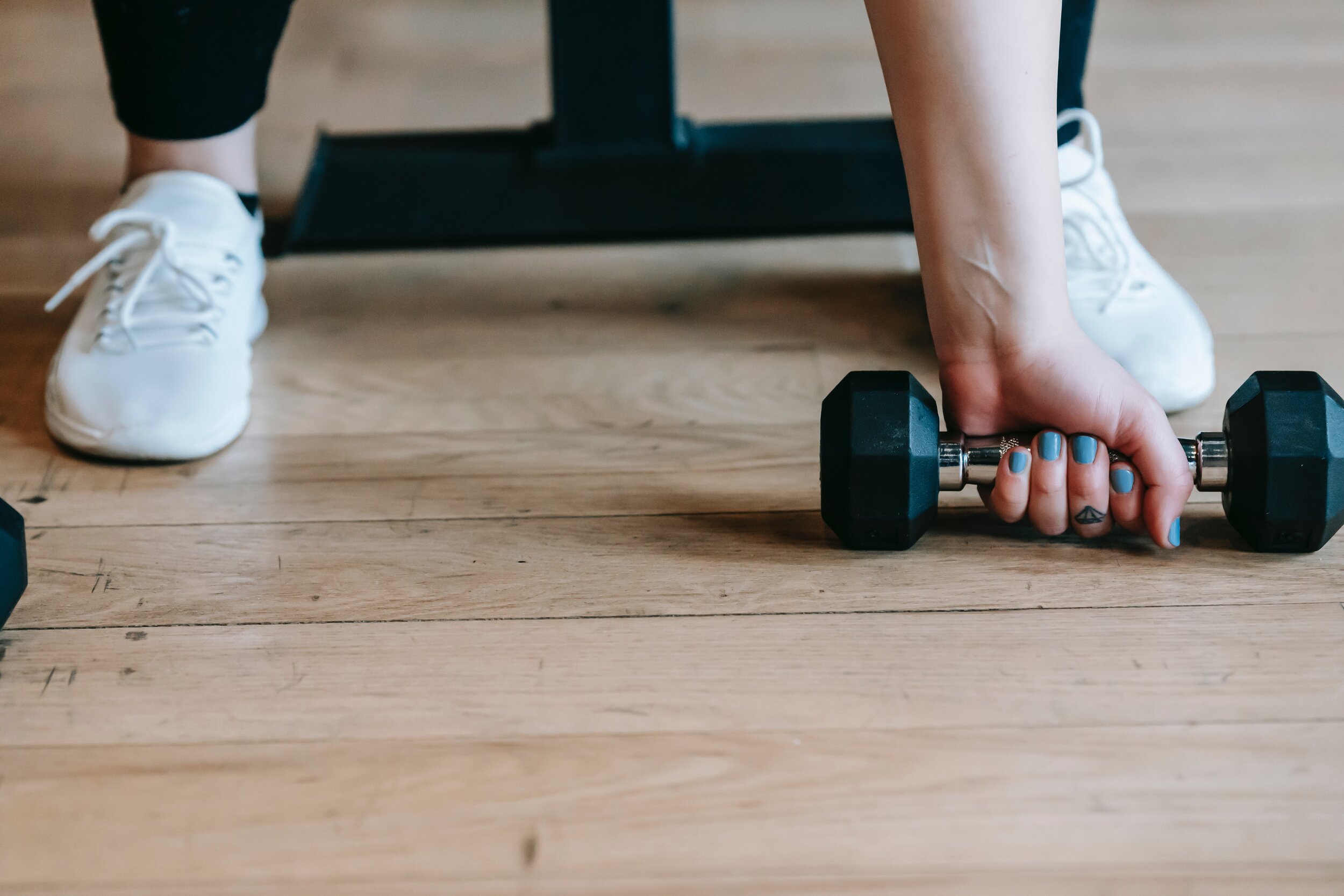
Benefits of Fitness
OHFA believes that fitness is bigger than just keeping you in shape. Health and fitness clubs provide important mental and physical health benefits to Oregonians, especially during challenging times.
Mental Health
Exercise can play an important role in preventing and treating anxiety and depression. Source
43% of Americans say exercise helps with mental stress. Source
Exercise may be a valuable complementary therapy to traditional therapy for severe depression. Source
Over half of U.S. adults (56%) report that worry or stress related to the coronavirus outbreak has caused them to experience at least one negative effect on their mental health and wellbeing, such as problems with sleeping or eating, increased alcohol use, or worsening chronic conditions. Source
Physical Health
40% of a person’s health is affected by behavior patterns, yet less than 3% of Americans lead healthy lifestyles, which includes at least 150 minutes of exercise a week. Source
Physical activity is linked to lower risk of colon cancer, breast cancer and endometrial cancer. Source
Physical inactivity is associated with a 20% increased stroke risk, and people who exercised four or more times a week had a lower risk for stroke or mini-stroke. Source
Physical activity can lower high systolic blood pressure and prevent blood pressure levels from rising. Source
Exercise therapy can reduce pain and improve function for knee and hip osteoarthritis and reduce lower back pain. Source
Chronic Disease Prevention
Exercise, such as walking briskly, for 30 minutes a day can reduce the risk of developing diabetes by 30%. Source
Three quarters of cardiovascular disease deaths could be prevented with adequate lifestyle changes, including physical activity. Source
Regular exercise has been shown to be effective at preventing the incidence of chronic diseases, which are projected to cost the U.S. $2 trillion between 2016 and 2030. Source
Exercise can improve symptoms, physical functioning, and well-being for people with fibromyalgia. Source
Exercise can reduce the risk for developing both Alzheimer’s and vascular dementia, likely by increasing blood and oxygen flow to the brain. Source
Fighting Back Against COVID-19
The risk of a coronavirus-related hospital death almost doubles for people with a body mass index of 30, the lowest level of obesity, and more than doubles for those with a BMI of 40 or more. Source
Among patients hospitalized with COVID-19 in the U.S., death rates were more than four times higher among those with diabetes or hyperglycemia than those without either condition. Source
Exercise is especially beneficial for older adults who are more susceptible to infection in general and have also been identified as a particularly vulnerable population during this COVID-19 outbreak. Source
